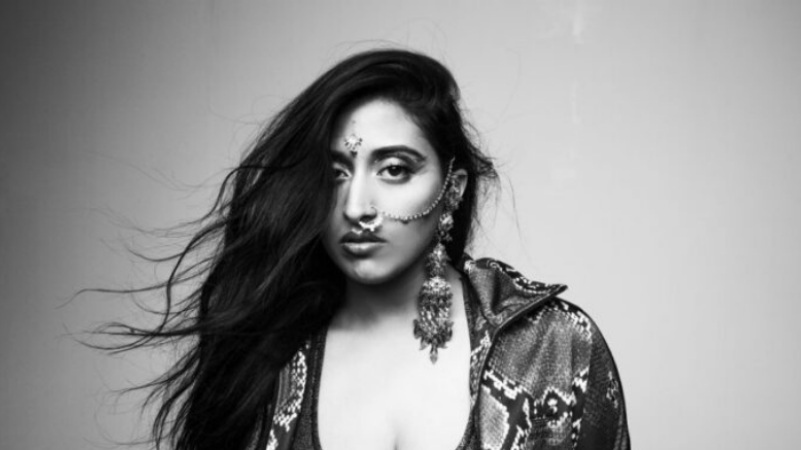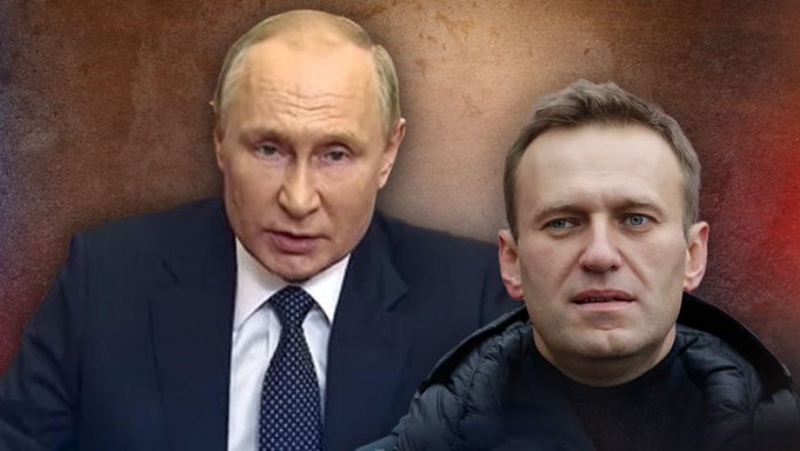 TEHRAN — Iran Has Its Own Hard-Line Populist, and He’s on the Rise. For months now, a black-turbaned cleric from eastern Iran has been campaigning in provincial cities, presenting himself as an anticorruption hero as he rallies support among the poor and the pious in an underdog effort to win the presidency in Friday’s election.
TEHRAN — Iran Has Its Own Hard-Line Populist, and He’s on the Rise. For months now, a black-turbaned cleric from eastern Iran has been campaigning in provincial cities, presenting himself as an anticorruption hero as he rallies support among the poor and the pious in an underdog effort to win the presidency in Friday’s election.
While the candidate, Ebrahim Raisi, 56, a hard-liner who made his career in Iran’s judiciary, seems to have come out of nowhere, he is seen as a favorite and possible successor to Iran’s 78-year-old supreme leader, Ayatollah Ali Khamenei. Winning the presidency, many analysts say, could be a major step in his ascent to that all-powerful position.
“When he speaks I hear our leader Ayatollah Seyed Ali Khamenei,” said Hadi Seifollah, 32, who runs a shop selling prayer mats, religious rings and the white-and-black checkered scarves worn by Iran’s paramilitary basij forces.
“Raisi believes first in the Islamic Republic, its ideology,” he added. “He will deal with corruption. Other candidates only talk about the economy.”
A recent poll put Mr. Raisi in second place in the race for the presidency, with 27 percent of the projected vote. The same poll, by the Iranian Students Polling Agency, projected that the incumbent president, Hassan Rouhani, will get around 42 percent, depending on the turnout on Friday.
On Monday, though, the second-most-popular conservative in the race, Mohammad Bagher Ghalibaf, the mayor of Tehran, suspended his campaign and threw his support to Mr. Raisi, possibly raising what analysts say are his chances of pulling off an upset.
While Mr. Ghalibaf is nominally a conservative, he bases his appeal on his management skills, not ideology, so it is unclear how much, if at all, he might actually help Mr. Raisi.
Many of those voters, who strongly believe in the Islamic Republic’s anti-Western ideology or feel strangled by poverty, hail Mr. Raisi as a savior, ready to set Iran back on the right course.
At the same time, Mr. Raisi has refrained from raising any of the social issues his faction usually cares so much about, such as Islamic dress codes and segregation of men and women, as they might put off potential voters.
He also has a dark episode in his past as a judiciary official, accused of involvement in the mass execution of political opponents in 1988 — something that Mr. Rouhani is not shy about mentioning.
Mr. Raisi and Mr. Rouhani are both Shiite Muslim clerics and staunch defenders of the idea of an Islamic Republic ruled by clerics, with some direct elections. But the similarities end there. To a surprising extent, their differences mirror those in Europe and the United States: the establishment versus populism, globalists versus nationalists.
Sensing Mr. Rouhani’s vulnerability, Mr. Raisi as nationalist has criticized the pact, saying on Wednesday, “Where in the world does a government weaken its defensive potentials, missiles for preventing wars?”
He says the solutions for Iran’s problems must be found “inside the country” and asserts that one of the main reasons Iran is stable and secure is its military support for Shiite fighters in Iraq and Syria.
A recent poll put Mr. Raisi in second place in the race for the presidency, with 27 percent of the projected vote. The same poll, by the Iranian Students Polling Agency, projected that the incumbent president, Hassan Rouhani, will get around 42 percent, depending on the turnout on Friday.














